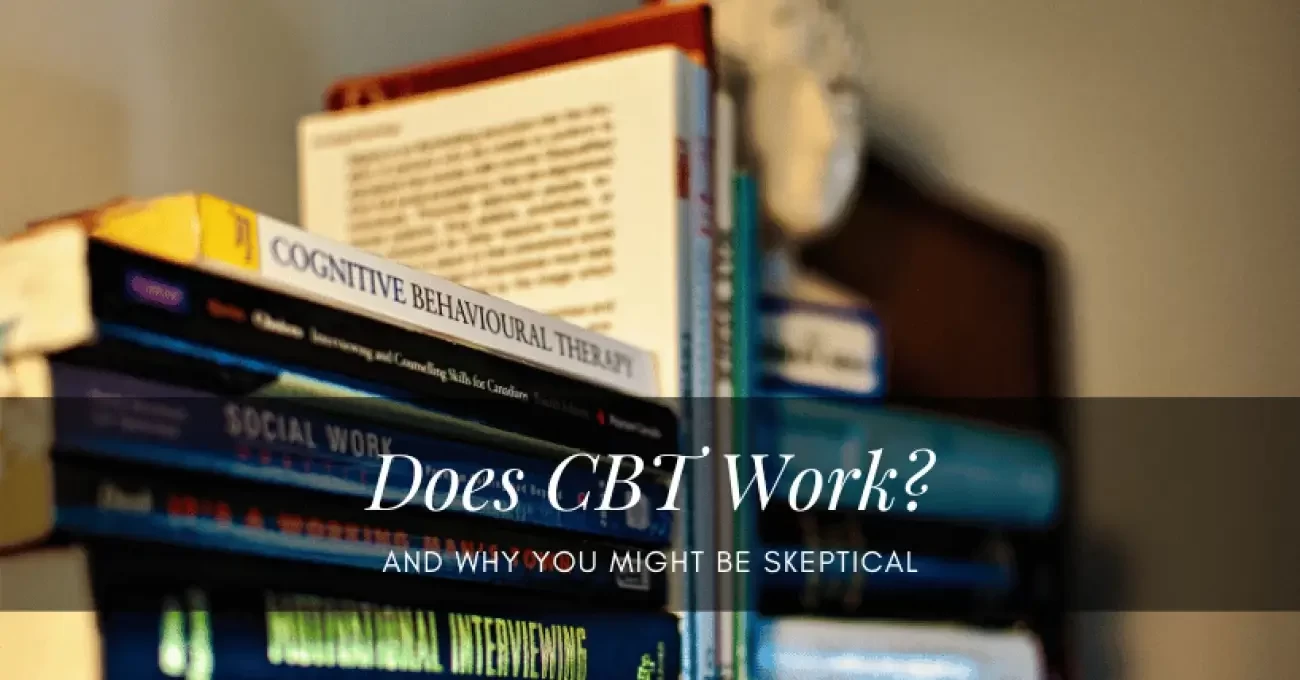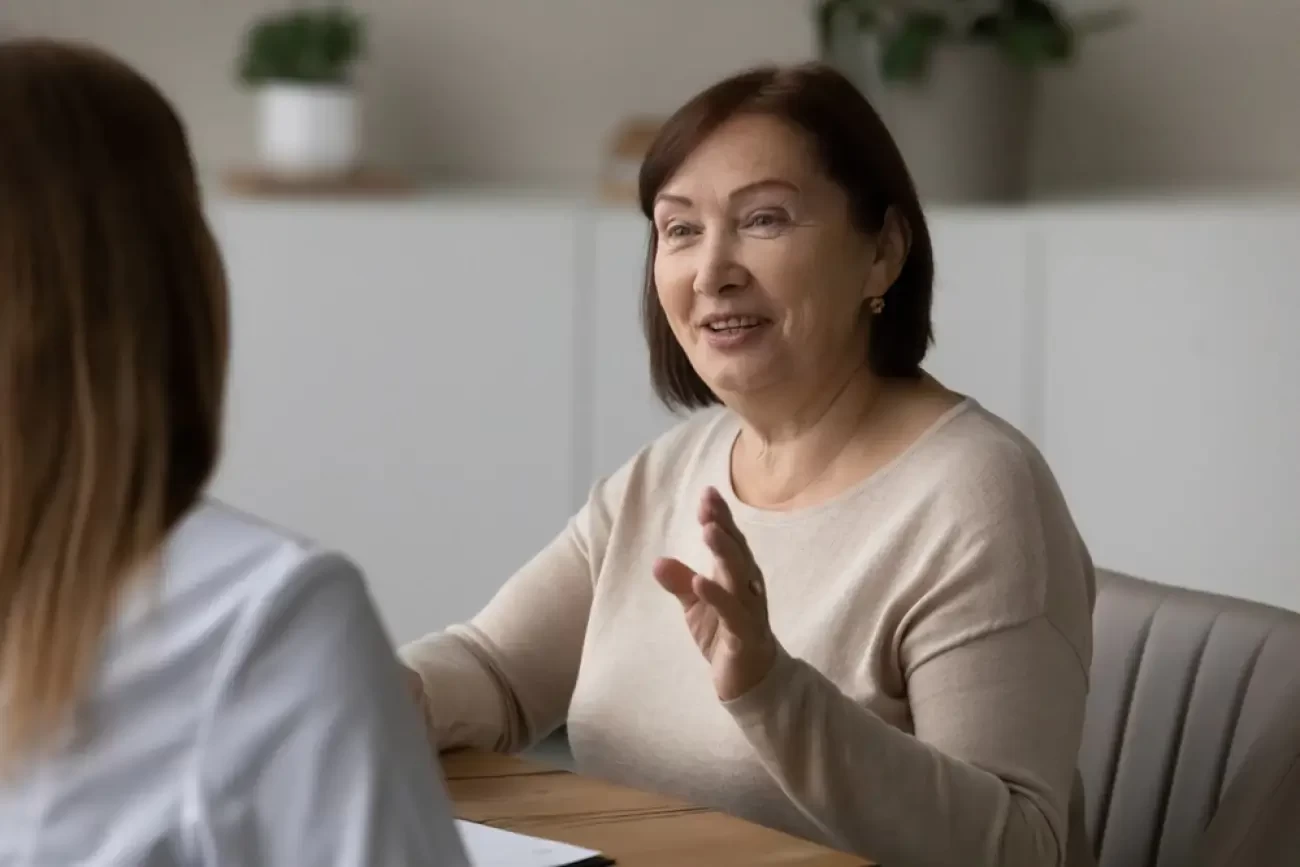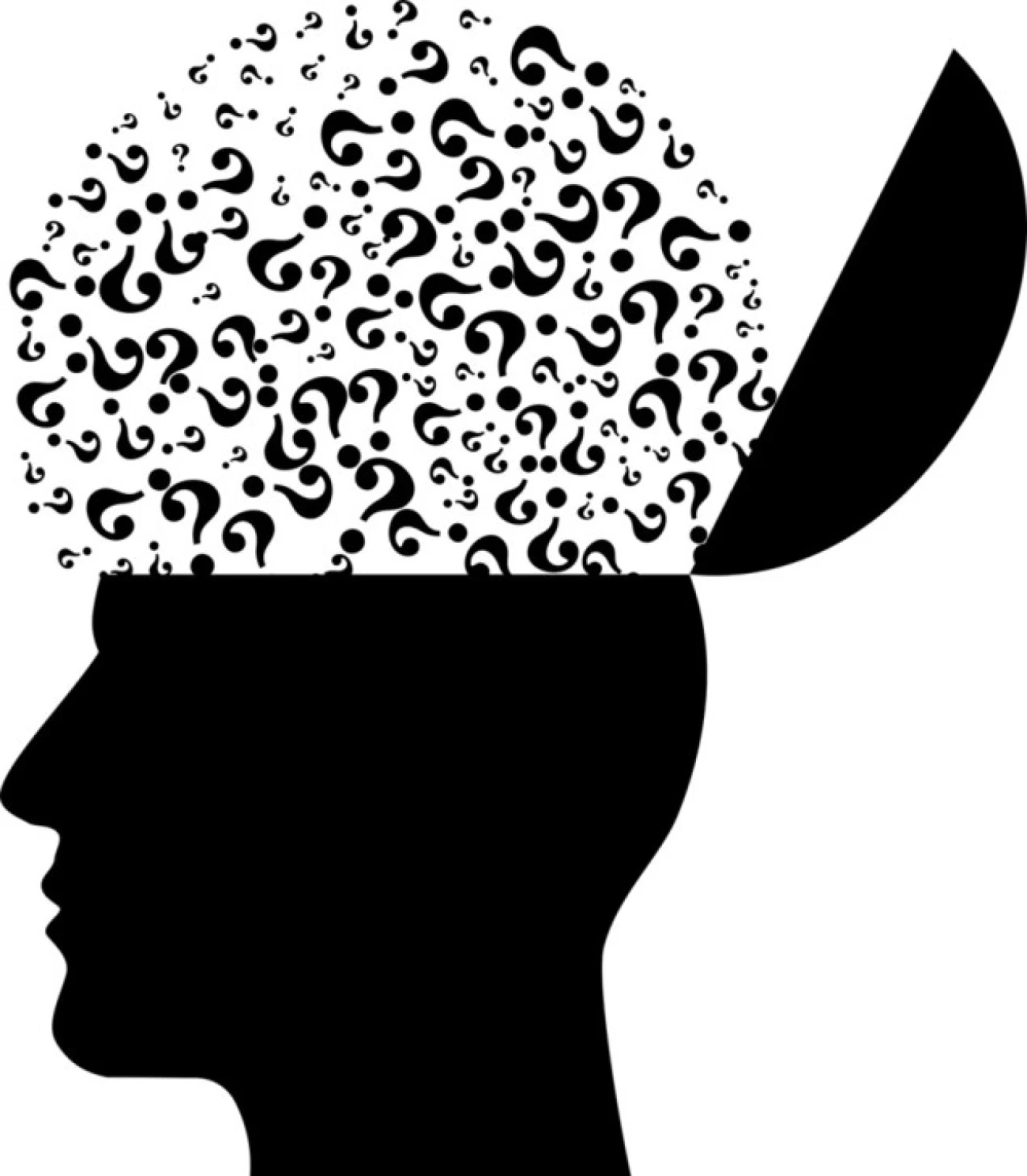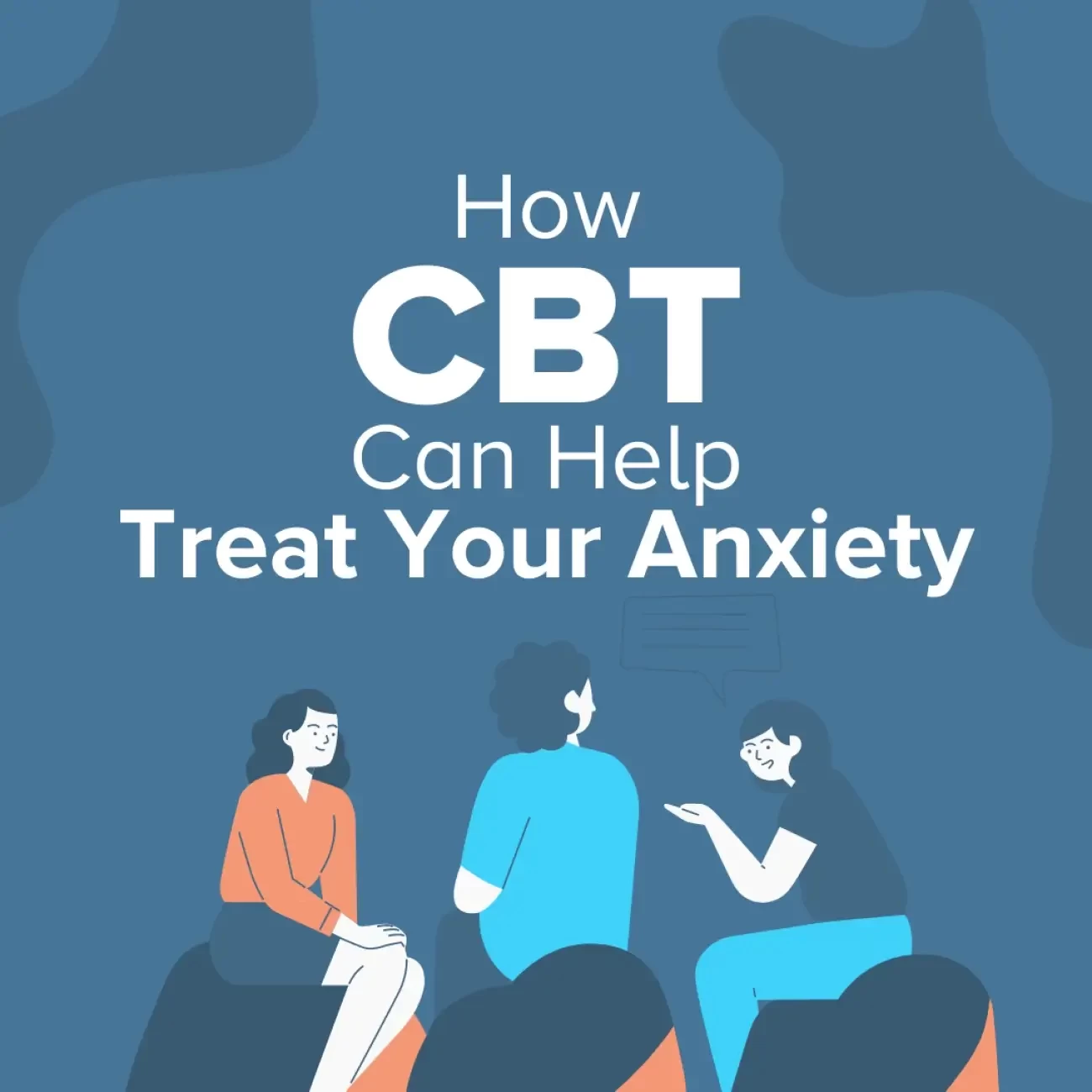Browse By Category
When was the last time you felt your best
Find A Therapist
Get matched with a therapist proven and vetted to help you feel better faster
Most popular cities
Cookies
We use anonymous cookies and third party services to help the site function properly, analyze usage, and measure our marketing effectiveness. Read our Privacy Policy to learn more.
Select A Time
To select a date and time that works for you:
Click on Next, then “I’m a New Client” and select the name of the therapist you chose on the previous page,
Select A Time
To select a date and time that works for you:
Get Help Finding a Match
There are two easy ways to find the best therapist for you
See Who Is Available
Search results are based on location and level of certification within Feeling Good Institute affiliated clicians.
Let Us Help
Schedule a free 15 min consultation to talk with a clinician who will help you find the best fit.
Need a different way to find a Feeling Good Institute therapist? We can help. Get In Touch
Refer A Patient
There are two easy ways to find the best therapist for the person you want to refer
See Who Is Available
Search results are based on location and level of certification within Feeling Good Institute affiliated clicians.
Let Us Help
Schedule a free 15 min consultation to talk with a clinician who will help you find the best fit.
Need a different way to refer patients? We can help. Get In Touch
Discover why people love to refer to us >> Click here
Get In Touch
Use the secure form below to send us a message, and we'll be in touch to discuss a solution that works for you!
Prefer email? Contact us at: info@feelinggoodinstitute.com
Send Mail
Are you a current client? Use Simple Practice client portal to direct message your clinician.
Send Mail
Are you a current client? Use Simple Practice client portal to direct message your clinician.

























































